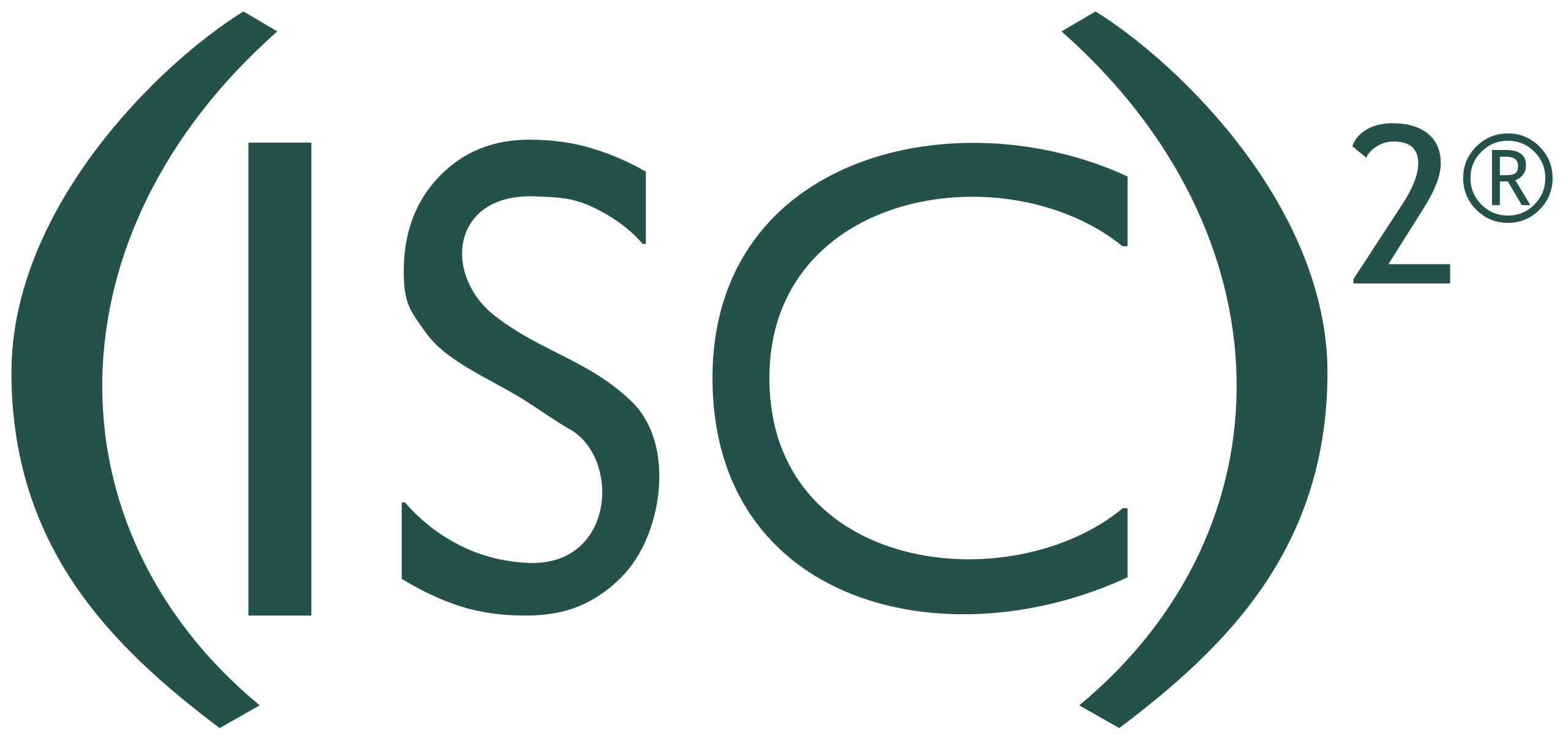SSCP - Systems Security Certified Practitioner
SSCP - Systems Security Certified Practitioner Course Details:
 The best way to combat an attack on an organization’s information assets is to have qualified information security professionals with the appropriate practices and controls to implement, monitor and administer IT infrastructure to ensure data confidentiality, integrity and availability. This SSCP certification prep course validates student’s ability to identify, evaluate, and prioritize potential threats, manage and mitigate threats through risk management concepts, assessment activities, and monitoring terminology, techniques and systems.
The best way to combat an attack on an organization’s information assets is to have qualified information security professionals with the appropriate practices and controls to implement, monitor and administer IT infrastructure to ensure data confidentiality, integrity and availability. This SSCP certification prep course validates student’s ability to identify, evaluate, and prioritize potential threats, manage and mitigate threats through risk management concepts, assessment activities, and monitoring terminology, techniques and systems.
Gain skills to properly and promptly respond to a security incident or forensic investigation with incident handling processes and procedures such as Business Continuity Planning (BCP) and Disaster Recovery Planning (DRP).
This Course Supports a DoD Approved 8570 Baseline Certification and meets: DoD Directive 8140 / 8570.01-M IT Training Requirements.
Call (919) 283-1674 to get a class scheduled online or in your area!
1. Access Controls
- Apply Logical Access Control in Terms of Subjects
- Apply Logical Access Controls in Terms of Objects of Object Groups
- Implement Authentication Mechanisms
- Operate Internetwork Trust Architectures
- Administer Identify Management Life Cycle
- Implement Access Controls
2. Security Operations and Administration
- Understand and Comply with Code of Ethics
- Understand Security Concepts
- Document and Operate Security Controls
- Participate in Asset Management
- Implement and Assess Compliance with Controls
- Participate in Change Management Duties
- Participate in Security Awareness Training
- Participate in Physical Security Operations
3. Risk Identification, Monitoring, and Analysis
- Understand the Risk Management Process
- Perform Security Assessment Activities
- Operate and Maintain Monitoring Systems
- Analyze and Report Monitoring Results
4. Incident Response and Recovery
- Participate in Incident Handling
- Understand and Support Forensics Investigations
- Understand and Support Business Continuity (BCP) and Disaster Recovery Plan (DRP)
5. Cryptography
- Understand and Apply Fundamental Concepts of Cryptography
- Understand Requirements for Cryptography
- Operate and Implement Cryptographic Systems
6. Networks and Communications Security
- Understand Security Issues Related to Networks
- Protect Telecommunications Technologies
- Control Network Access
- Manage LAN-Based Security
- Operate and Configure Network-Based Security Devices
- Implement and Operate Wireless Technologies
7. Systems and Application Security
- Identify and Analyze Malicious Code and Activity
- Implement and Operate Endpoint Device Security
- Operate and Configure Cloud Security
- Secure Big Data Systems
- Operate and Secure Virtual Environments
*Please Note: Course Outline is subject to change without notice. Exact course outline will be provided at time of registration.
In-depth coverage of the seven domains required to pass the SSCP exam:
- Access Control
- Security Operations and Administration
- Risk Identification, Monitoring, and Analysis
- Incident Response and Recovery
- Cryptography
- Networks and Communications Security
- Systems and Application Security
- Systems administration experience
- Familiarity with TCP/IP
- An understanding of UNIX, Linux, and Windows
- Intermediate-level knowledge of network security concepts
- Network security engineer
- Security administrator
- Security analyst
- Systems engineer
- Network administrator
- Systems administrator
- Security specialist
- Systems/network analyst
- Security consultant
- Database administrator